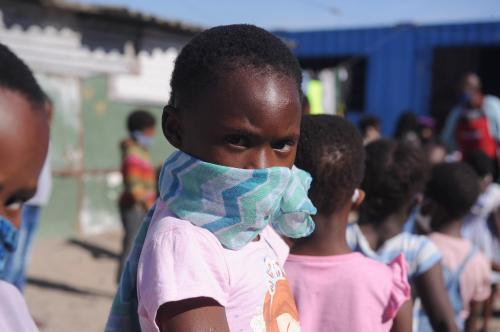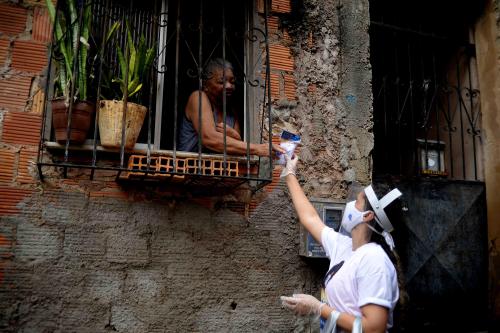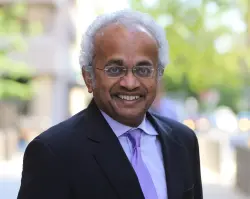So many people—from U.S. President Joe Biden to U.K. Prime Minister Boris Johnson to World Bank Managing Director Axel van Trotsenburg—have been exhorting us to “Build Back Better” after the COVID-19 pandemic that it is worth examining what is implied by the phrase. First, it suggests that the way we were “building” before the pandemic was not good. This is certainly true in many developing countries where health systems were not delivering for the poor; the education system was not teaching students; and over 60 percent of the labor force was in the informal sector. While the reasons for these problems are manifold, they have one feature in common: They have existed for a long time. The second implication of “Build Back Better” is that somehow, in the wake of COVID-19, it will be possible to relax some of these long-standing constraints. But if one of the reasons for these problems is that there has not been a political consensus around the reforms needed to, say, improve health services for the poor, learning outcomes for schoolchildren, and employment in the formal sector, why would that consensus be possible now? How will COVID-19 shift the political equilibrium so that these much needed reforms take place?
In at least three areas, there may be answers to these questions.
Health. One reason why health systems have persistently failed poor people is that the elites in these countries often go abroad for their health care. This “outward medical tourism” meant that the political elites were able to neglect domestic health systems. In some cases, they may not have been aware of the dismal state of health care in their country. But the COVID-19 pandemic led to grounded flights and lockdowns in many of the countries in North America and Europe where they used to go for medical treatment. So political leaders, especially in Africa, had to use their own health systems, which were not just underperforming but now staggering under the strain of the pandemic. This has certainly shifted the rhetoric on supporting the health sector. Although the focus so far has been on the pandemic response, it could lead to changes in the underlying incentives for improving domestic health systems more generally.
Inequality. In many developing countries, inequality is high and rising. Fast-growing countries such as China and India have seen sharp increases in inequality. Middle-income countries have the largest numbers of poor people. As Owen Barder and others have suggested, this implies that poverty is not due to lack of development of the country as a whole but to the marginalization of certain groups within a country. This marginalization is possible because the poor are often concentrated in one part of the country or belong to a particular group, which makes it easier for the rich to ignore them. Since COVID-19 is a contagious disease, when it strikes the poor, it can easily spread to the rest of the country. The government has to act. In Singapore, after the pandemic had been initially contained, an outbreak in the dormitories occupied by migrant workers caused the numbers to spike to almost 1,000 cases a day. The effort to contain the spread highlighted the congested living conditions of these workers—many of whom lived 12 to a room—and brought pledges by the government to improve living conditions for migrants. In this way, the contagious nature of COVID-19 may bring about a renewed effort to address inequality in society.
Transparency. Over the last 20 years, there has been considerable evidence that the publication and dissemination of information—transparency—can improve development outcomes. Information enables citizens to better hold governments accountable for the delivery of public services. At the same time (and probably for the same reason), governments in many countries have been suppressing or censoring information. The COVID-19 pandemic shows that the costs of suppressing information can be gigantic. When the coronavirus was first discovered in late December 2019, the Chinese government hid the information. A doctor in Wuhan who tried to raise the alarm about the virus was told by police to stop. Social media posts that referred to the outbreak were censored. All of these delayed the public-health response to COVID-19 and may have contributed to the spread around the world. One simulation shows that had China introduced measures three weeks earlier than it did, they could have reduced the number of cases by 95 percent. The lesson, which echoes that from the SARS epidemic, is that the suppression of information, especially when it is about a highly contagious disease, can have catastrophic consequences—for the country and the world. If this lesson can be applied to government transparency more generally, we may be able to build back better.
Source: African Arguments
The Brookings Institution is committed to quality, independence, and impact.
We are supported by a diverse array of funders. In line with our values and policies, each Brookings publication represents the sole views of its author(s).









Commentary
3 reasons why we may build back better after COVID-19
May 11, 2021